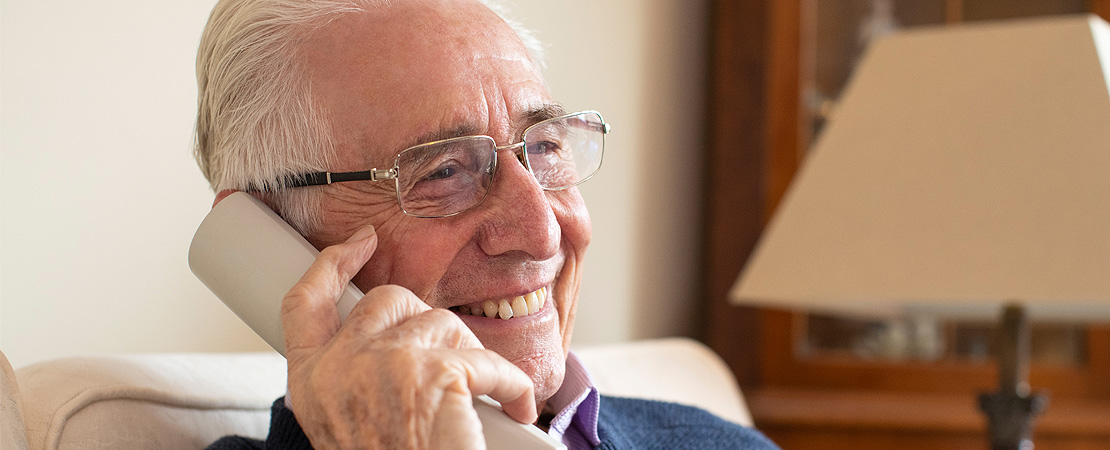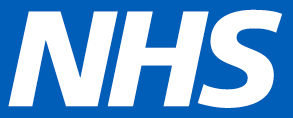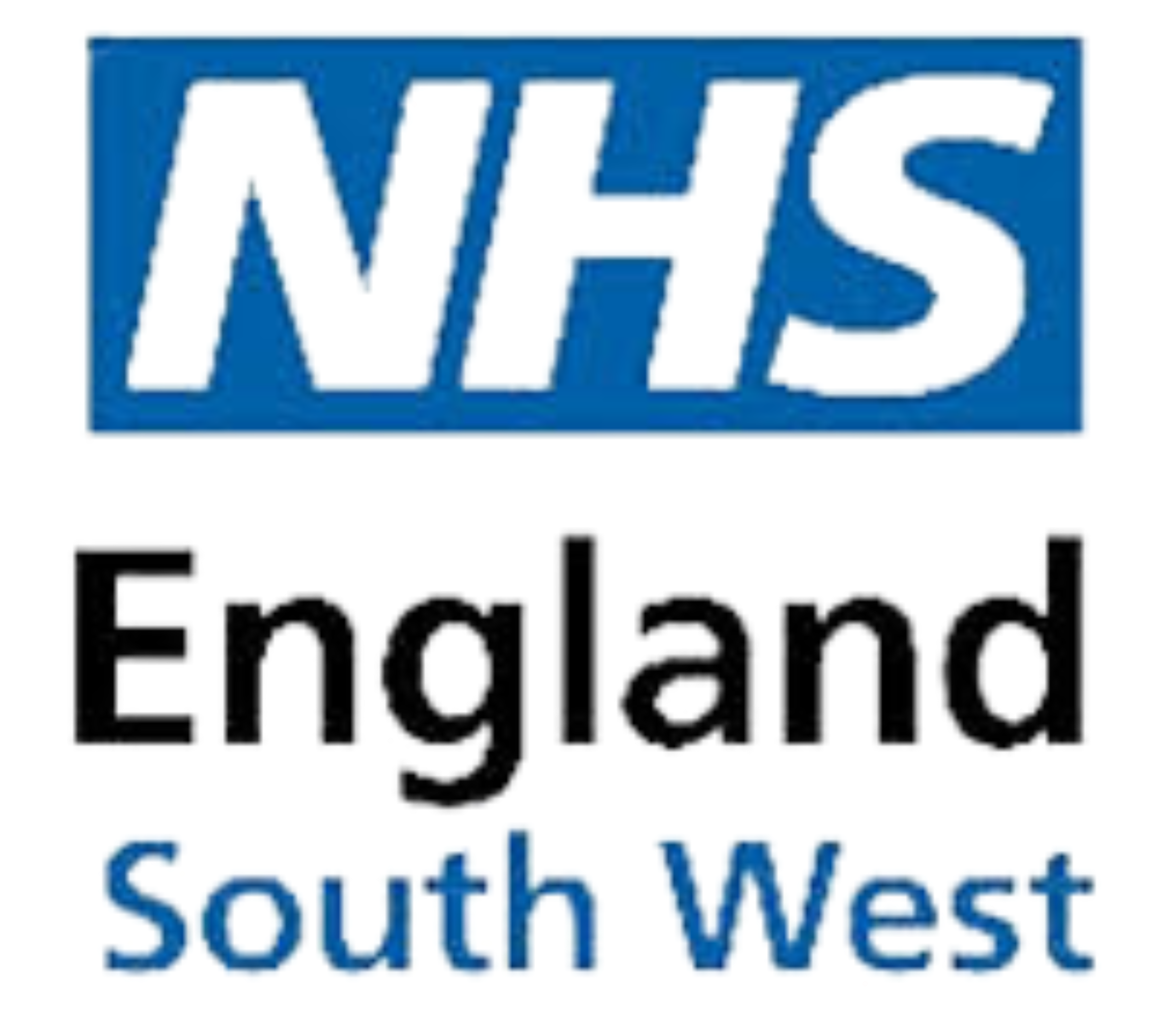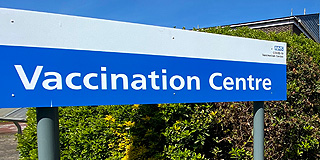
Providing strategic communications and engagement and programme support to launch the 111 First pilot in Cornwall.
Challenge
During the first wave of COVID-19 in 2020 unheralded attendances at Emergency Departments dropped considerably, which meant that social distancing and other infection prevention and control measures could be managed successfully. After the lock-down ended unheralded attendances started to rise again, with concerns about spreading COVID. The NHS in Cornwall faced a particular challenge in managing this rise in the summer of 2020.
During the school holidays, the county's population rises by 30%, with an associated increase in pressures on urgent and emergency services. As a result of COVID and social distancing measures, the county’s one Emergency Department within the Royal Cornwall Hospital which could normally accommodate 40 in its waiting room, was reduced to a capacity of only 12.
In response in June, NHS England South West (NHSE SW) was keen to run a pilot in Cornwall whereby people contacted 111 First before walking into an Emergency Department. While there was work going on nationally planning for 111 First, this was in the early stages and Cornwall was the first area in the country to test this new approach.
This presented a significant and untested behaviour change challenge with no precedents or learning from elsewhere, and with the need to take all stakeholders (including clinicians) on the journey.
What we did
NHS SCW was brought in by NHSE South West in June to work with the Cornwall system to support the development of the pilot and provide stakeholder management subject matter expertise to help deliver this change by 4 July. We worked with all the organisations across the system to help identify stakeholders and their relative influence and power and to design a stakeholder relationship and management approach, within an extremely short timescale. Clinicians and communications and engagement professionals had been operating separately and one key initiative by us was to bring them together to operate a single approach with a common voice. Stakeholders who were potentially very concerned about the change or could help promote it were identified.
These included:
- MPs and local government politicians, Healthwatch, Health Overview and Scrutiny Committee
- Senior leaders, clinicians, NHS, social care and local government staff
- Tourism industry leaders
- RNLI and lifeguards (who often refer people to urgent and emergency care services)
- Representatives of seldom heard/vulnerable groups
- The media
We worked with clinicians, system leaders, patient representatives and communications and engagement teams to design an approach and deliver a programme of activities.
These included:
- A clinically-led workshop for other local clinicians, MPs, local government, patient groups and the voluntary sector
- A cost-effective advertising campaign, including an ad van placed prominently by the A30, the main route into Cornwall
- Written and verbal stakeholder briefings, including with seldom-heard groups
- Staff briefings and scripts for them to use with patients
- Materials in English Sign Language, Easy Read and other languages
- National and local media
Activity
Communications and engagement
Our team of independent communications and engagement specialists operates on a consultancy basis, providing you with the necessary skills and resources precisely when you need them.
Behaviour change
We specialise in prevention, health education, and patient engagement and activation. Our holistic approach enhances people's health by combining social marketing and public health expertise to drive change.
Impact
111 First in Cornwall launched on 4 July in Cornwall. It saw above the 20% target increase in calls to 111 and there was no local opposition to the scheme.
NHS England subsequently announced that each system needed to have ‘111 First’ in place by 1 December. We were then asked to lead communications and engagement for 111 First across the NHSE SW region, working with systems and contributing subject matter expertise.
This included supporting systems to help them pass the national assurance test for ‘go-live’ which included an assessment of communications and stakeholder engagement approach and activities.
All passed and launched by the 1 December deadline. 111 First is still being promoted as a way of managing pressure in urgent and emergency care services.







